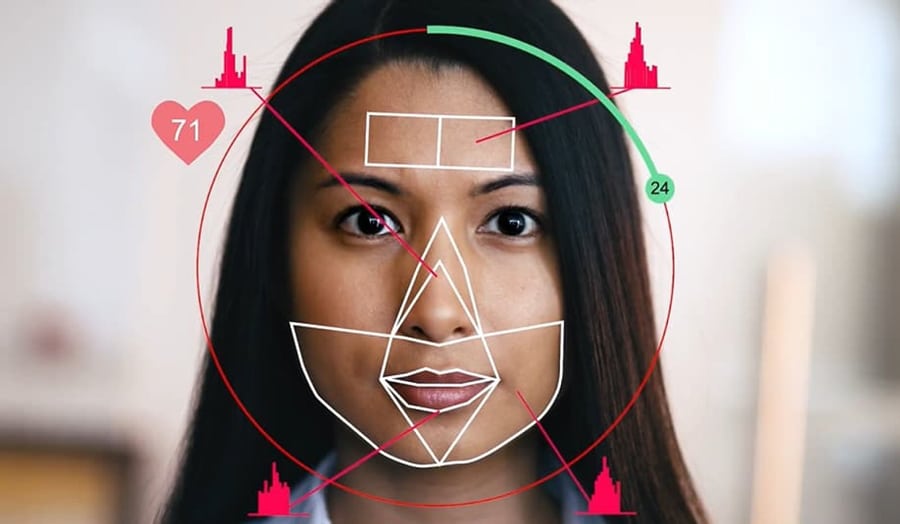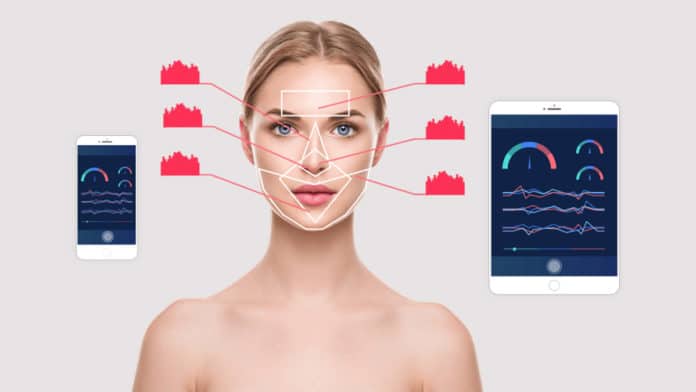Soon, you might not have to go to your doctor or pharmacy to determine your blood pressure. All you will need is a quick selfie video taken by your phone’s camera to measure your blood pressure accurately.
Yes, that’s right!
A study, led by the researchers from the University of Toronto, found that accurate reading can be captured from the short selfie videos.
An applied psychology and human development professor, Kang Lee, along with his postdoctoral researcher Paul Zheng, has developed a technology called transdermal optical imaging. It measures your blood pressure by analyzing a short video taken of your face.

The device was tested on 1,328 Canadian and Chinese adults by capturing two-minute videos of their faces on an iPhone. In the test, the system was able to measure three types of blood pressure with 95 to 96 percent accuracy.
Transdermal optical imaging works by capitalizing on the translucent nature of our facial skin. The technology uses optical sensors on a smartphone to capture red light reflected from hemoglobin under our skin, which allows it to visualize and measure changes in blood flow.
Besides, the technology can analyze faces in pre-recorded videos.
Lee has also founded a startup company called Nuralogix, that has developed a smartphone app called Anura. The app allows people to try out the transdermal optical imaging software for themselves. When you record a 30-second selfie video, the app provides the measurements for stress levels and resting heart rate.
The company has planned to release a version of the app in China this fall that includes blood pressure measurements.
However, some more research has to be done yet, such as testing the tech on a wider variety of skin tones. In a recent study, only people with regular or slightly higher blood pressure were measured. As far as a data privacy concern, Lee says, the app will upload the results of the analysis to the cloud but not the selfie video.
“If you set up a computer or your phone, you can get a doctor who is, let’s say, in Toronto and then you can talk to each other and diagnose simultaneously,” says Lee.
Moreover, researchers hope to expand the capabilities of the technology to measure other health markers, including blood glucose levels, hemoglobin, and cholesterol. Nuralogix plans on monetizing the technology by making an app that allows consumers to pay a low monthly fee to access more detailed health data.
The study is published in the American Heart Association journal Circulation: Cardiovascular Imaging.
